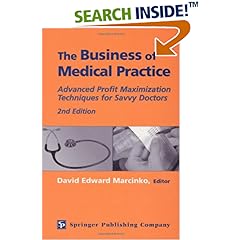- Joined
- Jan 28, 2006
- Messages
- 295
- Reaction score
- 0
A few months ago I talked to my family doctor about what I should to prepare for medical school this fall. He told me, much the same as most people here, that its pretty much useless to prepare academically; but he also told me things he felt that medical school didn't adequately teach him. One of those things was the business of being a doctor, including working with medicare/medicaid and billing procedures. He also told me about how groups often have relocation clauses in their contracts to ensure a doctor who leaves a practice won't be competition. So what do you think? Do you feel your med. school prepares you enough in this regard? Is this something a med school should have in its curriculum? Or should it be learned after medical school/residency in the school of hard knocks?


